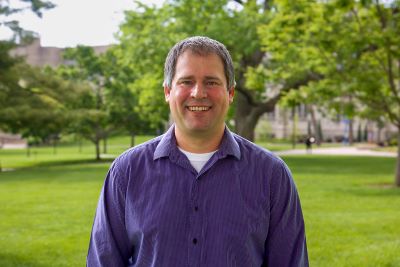2025-26 Provost Lecture Series
Provost Lecture Series
Established in 1995, the Provost's Lecture Series features prominent speakers and on-campus experts who address topics of importance in higher education in general and at Kansas State University in particular. Everyone is welcome to attend.
Details about each lecture and speaker are included in the information below.
Recordings of Lectures
Recordings of lectures are available for checkout from Hale Library. Prior years' recordings are available for checkout for 7 days from the Media Collection located on the 3rd floor (see call #LB2300.P76). You may request a specific recording via the course number: LIB 004 -- Provost Lecture or via the title of the Provost's Lecture Series event. The current year's events are listed below.
Click on the lecture title for photographs, biographical sketches, abstracts of the lecture, and recordings of lectures given after May of 2005.
Analyzing recent changes to lower-division math courses at Kansas State University
Dr. Craig Spencer
2025-2026 Coffman Chair and Professor of Mathematics
Wednesday, April 8, 2026
3:30 pm
Hemisphere Room
5th floor, Hale Library, Manhattan Campus
Previous Lectures
2024-2025
2023-2024
2022-2023
2021-2022
2020-2021
2019-2020
2018-2019
2017-2018
2016-2017
2015-2016
2014-2015
2013-2014
2012-2013
2011-2012
2010-2011
2009-2010
2008-2009
2007-2008
2006-2007
2005-2006
2004-2005
2003-2004